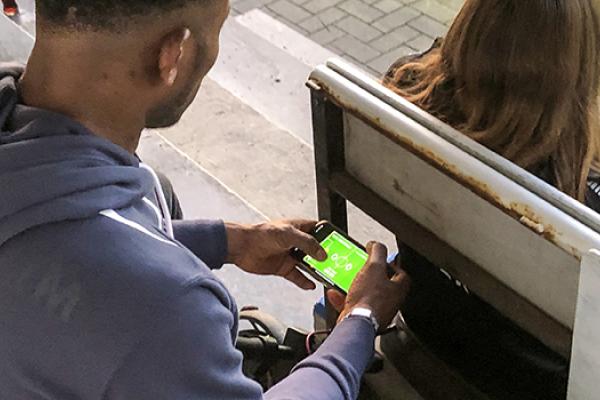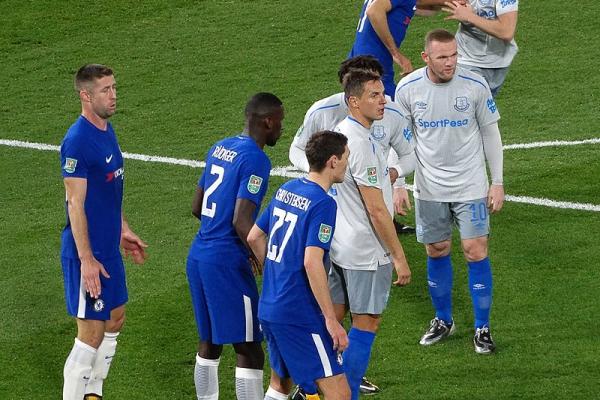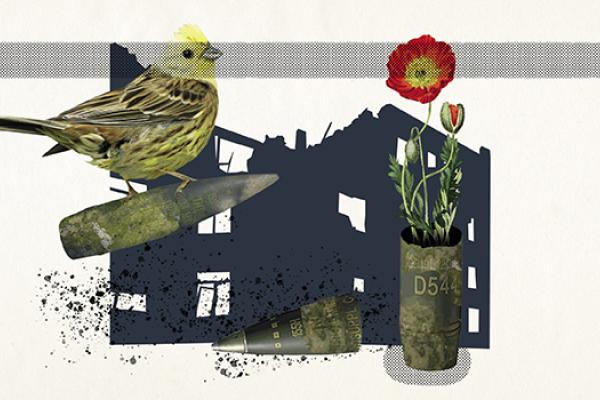The report reveals that data harvested by Sportradar or its affiliates ends up on Russian platforms, either directly or via a network of sublicensed intermediaries, despite formal restrictions and stated ethical commitments.
Ukrainian football authorities have expressed frustration and a sense of helplessness, as the rights to match data and oversight often lie with clubs or commercial third parties. Investigating this network posed several challenges, including limited access to proprietary data structures, a lack of transparency among stakeholders, and the complexity of navigating a global data ecosystem spanning conflict zones and regulated Western markets. Russian bookmakers are also capitalising on matches from other NATO and allied countries, including youth and amateur competitions. The research identified, among other matches, those in the Trident Leagues (the seventh and eighth tiers of British football) and the first division of Belgian women’s football.
The piece underscores how commercial interests in the sports data economy and betting industry undermine community sports and the integrity of partners' proclaimed values, as well as international sanctions.
Key points
- Russian bookmakers routinely offer live betting on Ukrainian football matches, including those played near the front line.
- The data used by these sites often originates from Sportradar, UEFA’s integrity partner.
- Once rights are sold, Ukrainian football authorities have no effective control over the data.
- Metadata links betting site animations and data identifiers to Sportradar’s systems.
- Sportradar denies knowingly supplying data to unlicensed Russian operators.
- Russian bookmakers are also exploiting other NATO and allied countries' matches, including youth and amateur games.
Methodology
The story was developed through the analysis of metadata from Russian gambling websites, audits of match listings, the cross-referencing of data identifiers, and interviews with stakeholders from Ukrainian football bodies. The process also involved traditional reporting methods, such as tracking down data scouts at grounds in England and Belgium.
Photo credit: Sportradar








